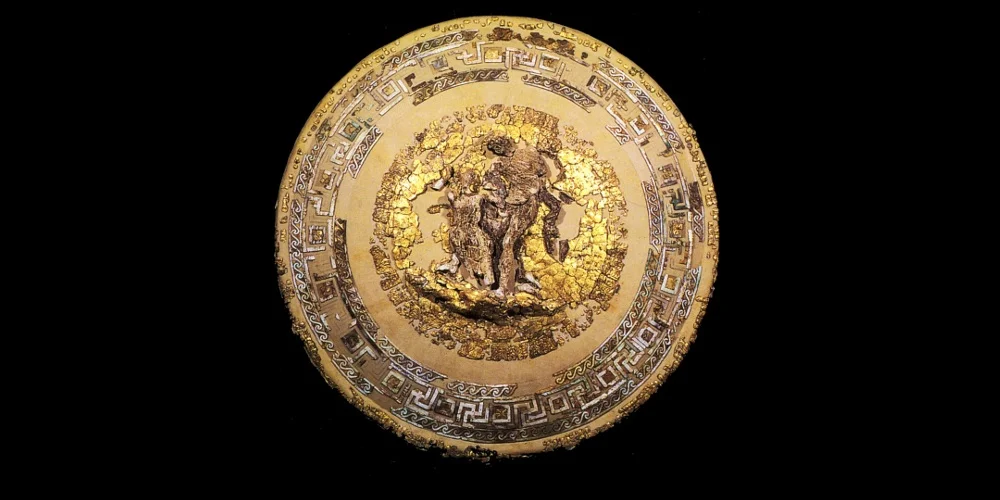The History of the Macedonian Kingdom: An Academic Analysis
Introduction
The Macedonian Kingdom, often overshadowed by its Greek and Persian contemporaries, played a crucial role in shaping the ancient world. Rooted in a culture that preserved archaic traditions while integrating progressive political and military strategies, Macedonia emerged as a formidable power under Philip II and reached its zenith with Alexander the Great. This article delves into the origins, political evolution, and historical significance of ancient Macedonia, drawing on classical sources and modern archaeological findings.
Etymology and Origins
The term “Macedonian” originates from the Greek root mak-, meaning "long" or "tall," reflecting the physical attributes of its people or their geographical highland habitat. Herodotus identifies the Macedonians as a branch of the Dorian Greeks, originally inhabiting the Pindus mountain range. By the early first millennium BC, they had settled near Mount Olympus and the Pierian mountains, forming a distinct yet interconnected Greek tribal entity.
Early Settlements and Economy
The first notable Macedonian settlement, Aigai, emerged south of the Haliacmon River, strategically positioned at the crossroads of trade and migration routes. Established between the 10th and 8th centuries BC, Aigai was a center of governance and religious activity, later becoming the royal burial site of Macedonian kings.
Unlike their southern Greek counterparts, the Macedonians relied heavily on pastoralism, benefiting from their fertile valleys and forested mountains. Their geographical isolation, compounded by the absence of major ports, limited their engagement in maritime trade and urbanization, reinforcing their traditional monarchical system.
The Macedonian Monarchy and the Temenid Dynasty
During the mid-7th century BC, as city-states in southern Greece transitioned toward democratic governance, Macedon maintained its monarchical structure. Herodotus narrates the rise of Perdiccas I, a Dorian from Argos, who founded the Temenid dynasty, claiming descent from Hercules. This divine lineage reinforced the king's authority, mirroring Homeric traditions where rulers were perceived as descendants of Zeus.
Despite its archaic societal structure, Macedonia remained a dynamic entity. While southern Greece experienced political fragmentation and social upheavals, the Macedonian monarchy retained continuity, providing stability and consolidating territorial control over the expanding kingdom.
Philip II and the Transformation of Macedonia
Philip II (r. 359-336 BC) marked a turning point in Macedonian history. Recognizing the limitations of traditional monarchy, he incorporated democratic elements into governance while maintaining centralized authority. His military innovations, including the introduction of the sarissa phalanx, reformed the Macedonian army into a formidable force. Diplomatically, he skillfully maneuvered between Greek city-states, eventually asserting Macedonian hegemony over Greece through the League of Corinth in 338 BC.
Philip’s vision of an “enlightened leadership” laid the ideological groundwork for the Hellenistic era. His policies set the stage for his son, Alexander the Great, whose conquests would forge an empire stretching from Greece to India, blending Greek and Eastern cultures in unprecedented ways.
The history of ancient Macedonia is a testament to its unique position in the ancient world—a kingdom rooted in Greek tradition yet distinct in its political and social structures. From its humble origins in the mountainous north to its transformation into a global empire under Alexander, Macedonia exemplifies the dynamic interplay between tradition and innovation. By synthesizing archaic monarchical customs with emerging political ideologies, the Macedonians not only shaped Greek history but also influenced the broader trajectory of world civilization.









